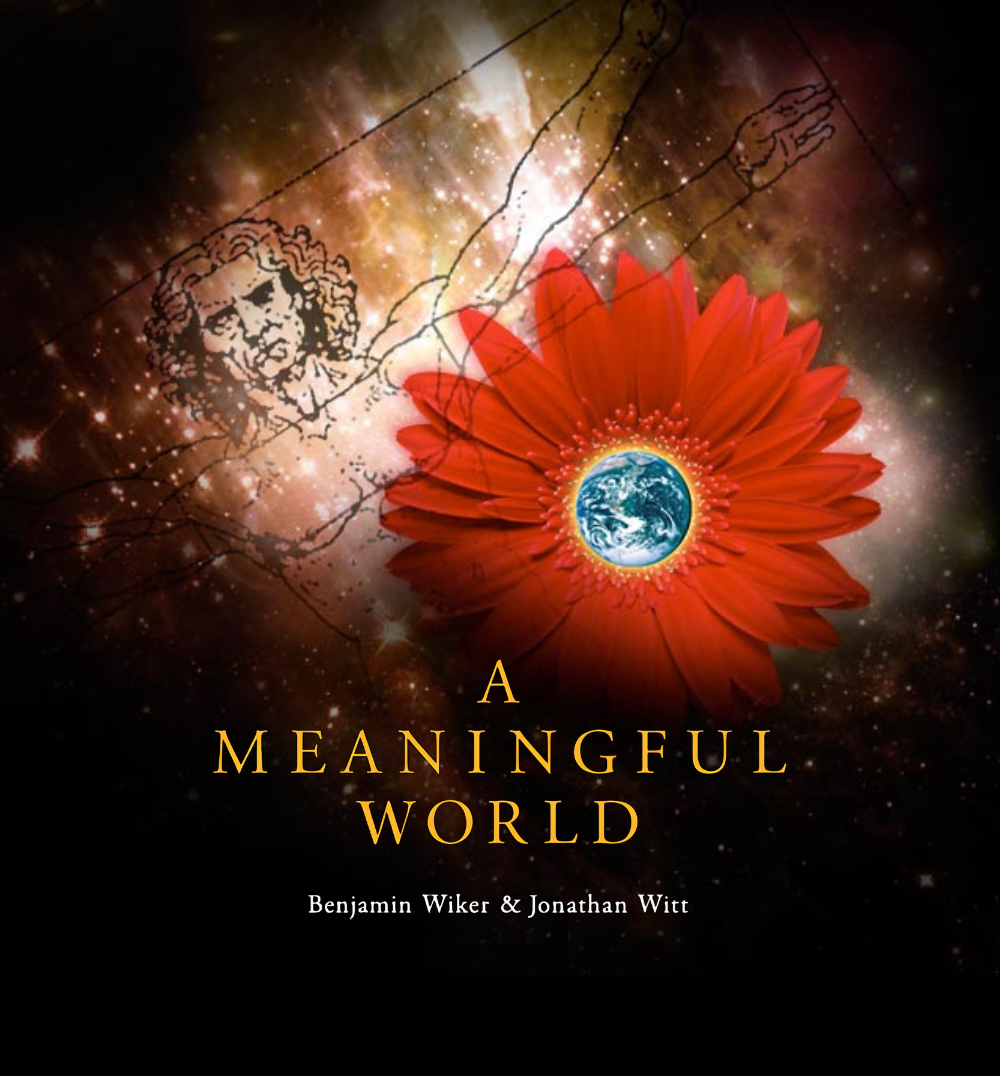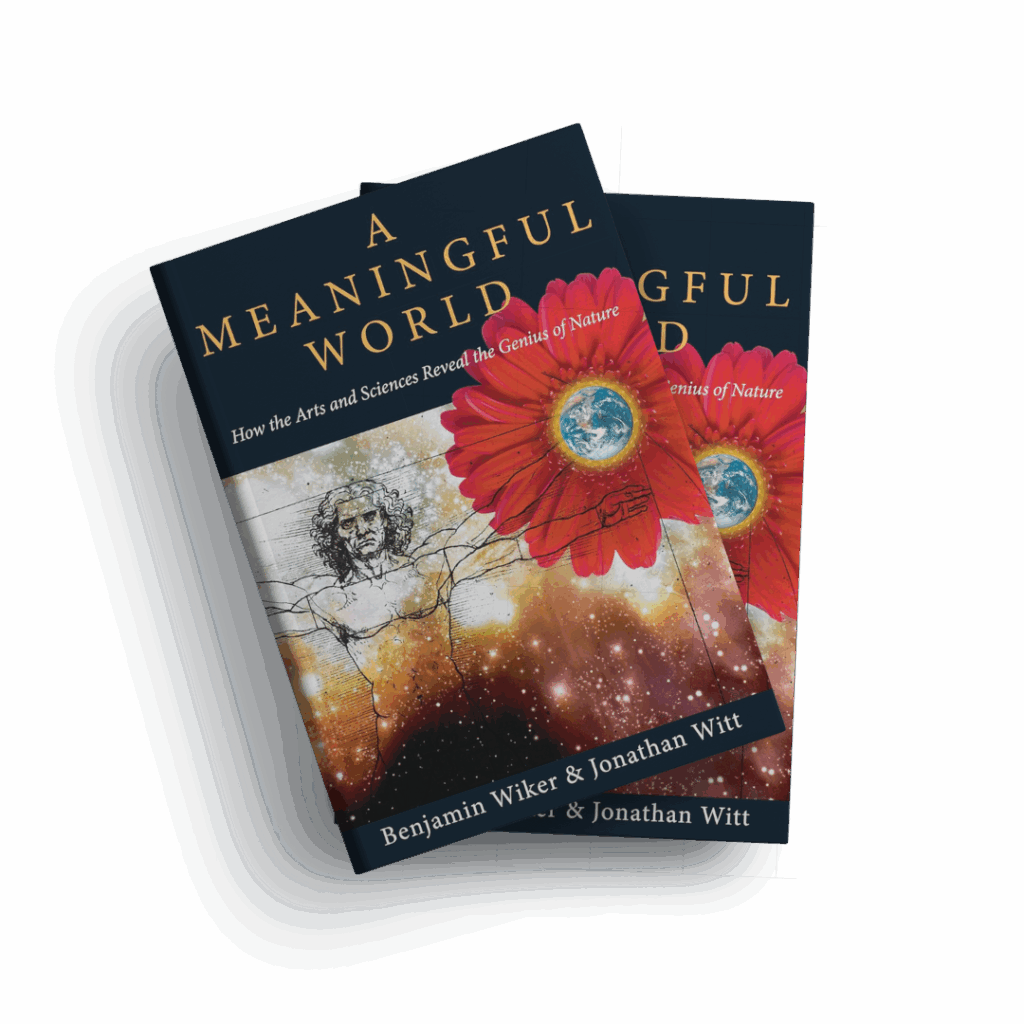
About the Book
In this groundbreaking book, Wiker and Witt show that nature offers all of the challenges and surprises, all of the mystery and elegance, we associate with design and, further, with artistic genius. They begin in Shakespeare and range through the fine-tuning of the laws of physics, the Periodic Table of Elements, the artistry of ordinary substances like carbon and water, the intricacy of biological organisms, and the drama of scientific exploration itself. In contrast to contemporary claims that the world is ultimately meaningless, Wiker and Witt reveal a cosmos charged with both meaning and purpose.

Reviews
It is fully as gratifying to hear from teachers and writers who know science and literature as well as theology and who use their energy to assign God his rightful place.
Steve Van Der Weele, Calvin Theological Journal, November 2008
A good book for the math or science lover.
David Mills, The Pittsburgh Catholic, December 2009
Several outstanding books argue for Intelligent Design. However, A Meaningful World explores newer ground. In this book the authors widen the focus to the meaning and genius that are evident all around us.
Lay Witness, Fall 2007
Q&A
Explain the book’s title: A Meaningful World.
Our book takes on materialist reductionism, which tries to reduce everything to mere matter and energy, and defines everything strictly according to its smallest parts–cells, atoms, quarks. On this view, a human being is just an accidental assemblage of subatomic particles, nothing more. Materialist reductionism leads to nihilism, the view that life is pointless. It sucks the meaning out of life, flattens reality like a steamroller. We counter this by showing that the world is meaning-full, a work of genius far beyond any work of human genius. In doing so, we’re trying to help restore our culture’s sense of the richness of everyday reality.
Tell about the subtitle: How the Arts and Science Reveal the Genius of Nature.
Our book expands the intelligent design argument from the evidence of design to evidence for ingenious design. We argue that nature is a work of genius, like a Shakespearian play is a work of genius–both are rich, deep, and complex, full of meaning at every level. Reductionism tears down human genius as unreal, as reducible to mere chemistry or biology. We argue that our experience of genius is real. The genius of Shakespeare or Euclid or the chemist Lavoisier is something that should be explained–not explained away. And the same applies to the evidence of genius we find in nature.
At the end of the prologue (involving a fictional space alien!), you describe your book as an antidote? What do you mean by that?
By denying genius at the level of nature, materialist reductionism eventually denies it at the level of human culture as well. This view is poisonous. We also describe it as a spell cast over all too many people in our culture. Our book is written to help break that spell.
Resources
Key articles by Benjamin Wiker
- “What were Darwin’s Religious Views?”
- “Charles Darwin: A Short Biography”
- “Darwin Nietzsche, and Hitler: Evolution of the Übermensch”
- “The Meaning-full Universe”
- “Does Science Point to God? The Intelligent Design Revolution”
- “Part II: The Christian Critics — Does Science Point to God?”
- “The Problem of Evil”
- “Playing Games with Good & Evil: The Failure of Darwinism to Explain Morality”
- “God and Matter”
- List of articles by Benjamin Wiker
Key articles by Jonathan Witt
- “Dr. Strange Introduces the Multiverse to the Masses”
- “Texas Committee: High Schoolers Can’t Handle Evidence on Darwinism, Warts and All”
- “Intelligent Design Is Testable. Is Darwinism?”
- “The Gods Must be Tidy!”
- Book review of Creationism’s Trojan Horse in Philosophia Christi
- “Nature’s Book Shelved”
- “Entertaining the Notion of a Place of Wonder”
- List of articles by Jonathan Witt
Links
- Buy Now
- Barnes & Noble (Preferred)
- Bookshop (Preferred)
- Books a Million (Preferred)
- Amazon.com
- InterVarsity Press
Discovery Institute receives a royalty or a commission from the sales of this book from Preferred Sellers, which helps support its non-profit work.



